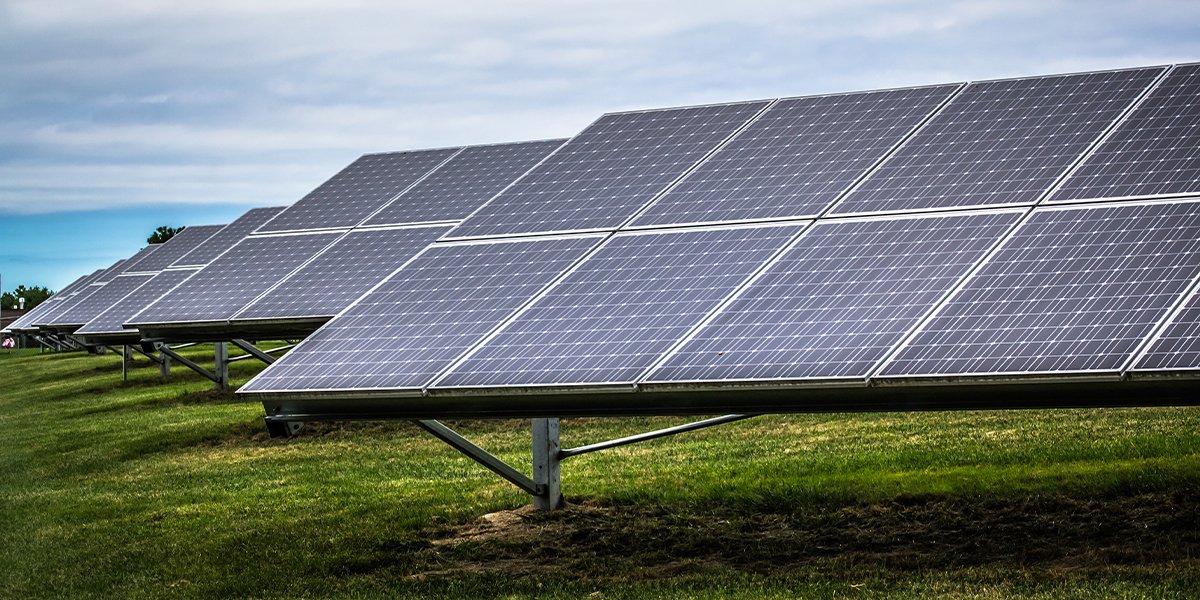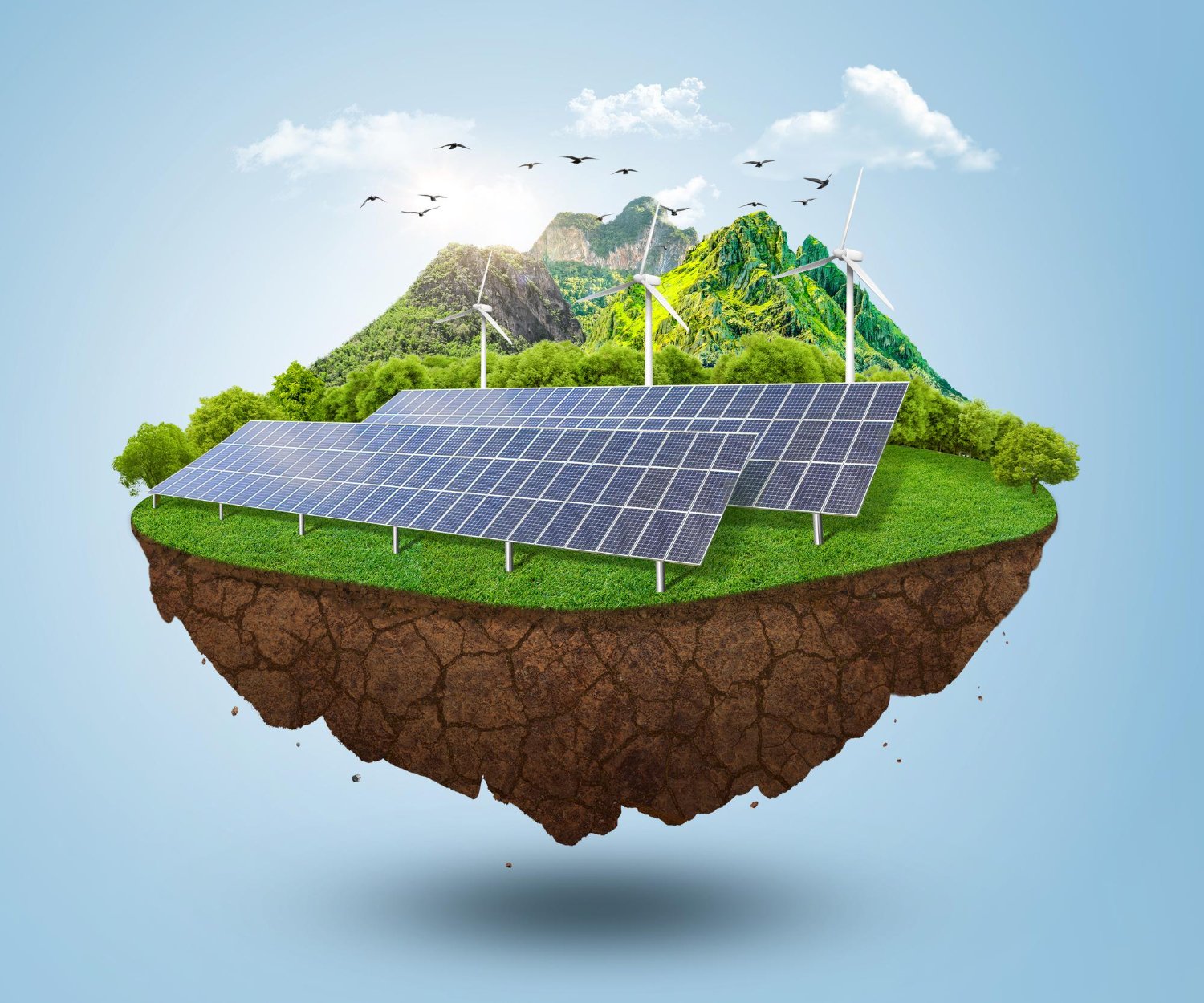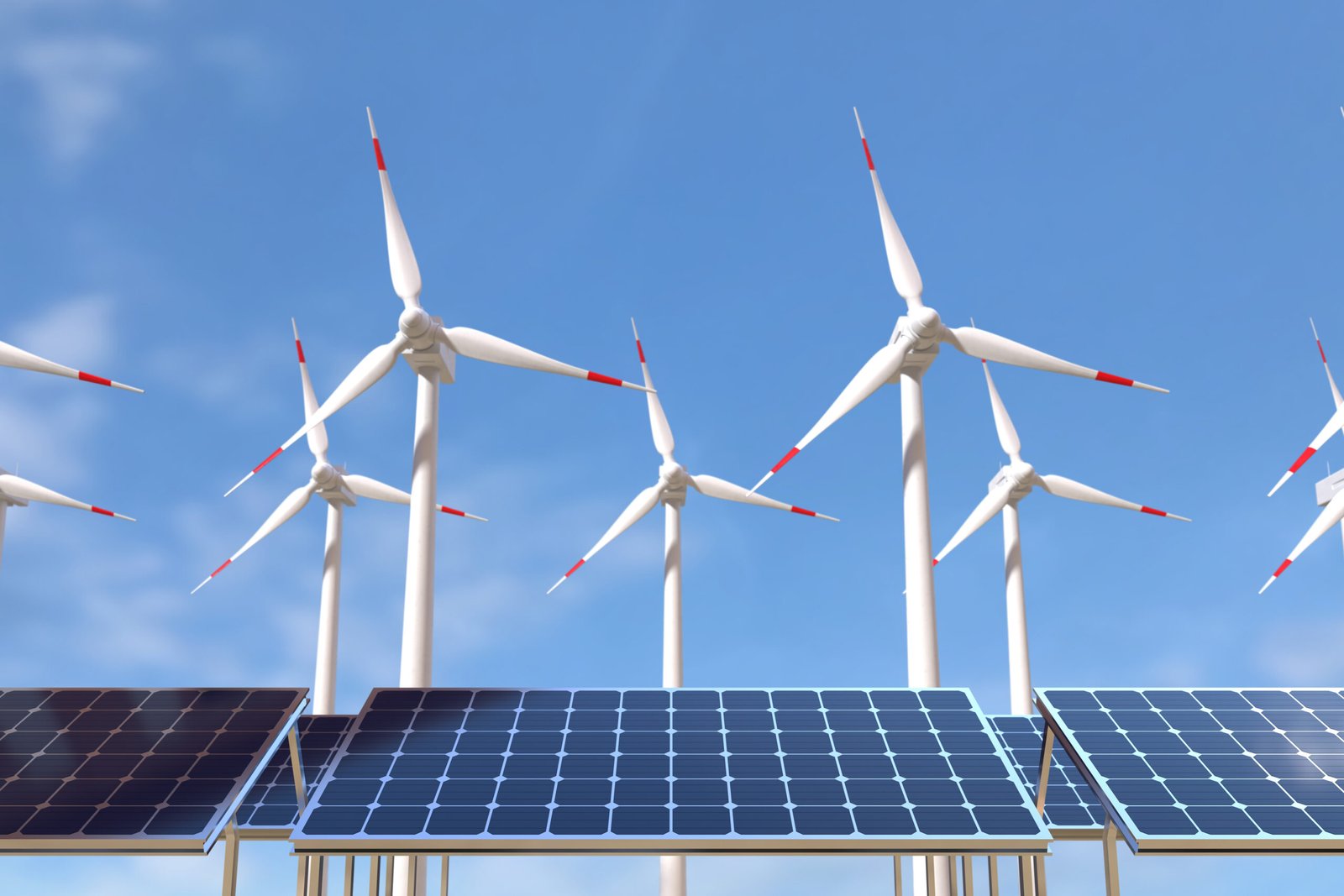
Solar Power Plant Installation Services
Illuminating the Future: Excellence in Solar Power Plants
In the global transition toward clean energy, solar power plants have become a cornerstone of sustainable development. By capturing the limitless energy of the sun and converting it into electricity, they reduce dependence on fossil fuels, lower greenhouse gas emissions, and help build a greener tomorrow. For households, industries, and large institutions, solar has evolved into one of the most reliable and cost-effective sources of energy.
Why Solar Power Plants Matter

Solar power is not only renewable but also abundant. With proper planning, a solar power plant installation can provide decades of uninterrupted electricity. Key components such as photovoltaic panels, advanced tracking systems, and efficient inverters ensure maximum performance, while grid integration makes large-scale deployment possible.
Regions with high solar exposure, like Gujarat and Rajasthan, are especially ideal for these systems. Here, even commercial solar power plants can achieve high efficiency, making them attractive investments for industries and institutions aiming to reduce energy costs and carbon footprint.
Photovoltaic vs. Concentrated Solar Power (CSP)
Solar power plants generally rely on two primary technologies: Photovoltaic (PV) systems and Concentrated Solar Power (CSP).
- Photovoltaic (PV) systems: These use semiconductor materials in panels to directly convert sunlight into electricity. This method is highly versatile, scalable, and widely adopted for both residential rooftops and commercial solar power plants due to its simplicity, efficiency, and relatively low maintenance requirements.
- Concentrated Solar Power (CSP) systems: CSP systems use mirrors or lenses to focus sunlight onto a central receiver. This heat produces steam that drives turbines to generate electricity. CSP is particularly effective for large-scale utility projects, especially when paired with thermal energy storage, as it can provide electricity even after sunset or during cloudy periods.
Tailored Solar Solutions for Every Need
Solar technology today is versatile enough to cater to different scales and requirements:
- Commercial solar power plants: Built to serve industries, warehouses, hospitals, and educational institutions, these installations provide consistent power while cutting down electricity bills.
- Solar power plant for home: Rooftop systems and smaller setups make clean energy accessible to households, offering a reliable supply and long-term savings.
- Hybrid systems: Some providers also combine solar with other energy sources like wind, ensuring power generation even when sunlight is limited.
This flexibility has made solar a practical solution for both individuals and businesses
Standing Out Among the Best Solar Power Companies

Essential Factors to Consider Before Installing a Solar Power Plant
Energy Storage and Grid Integration
Sitting and Land Use
Lifecycle and Recycling
Benefits of Solar Power Plant Installation
Environmental Benefits
Solar power plants generate clean electricity without releasing greenhouse gases or harmful air pollutants. Each installation contributes to reducing global warming, improving air quality, and lowering dependence on fossil fuels.
Economic Benefits
Cost Savings
Energy Independence
Solar gives households and businesses greater control over their power supply. By generating electricity on-site, they become less dependent on fluctuating grid power and fossil fuels. For industries, this translates to greater stability and freedom from unexpected tariff hikes.
Our Expertise in Solar Power Plant

Renewable Energy
Renewable energy is energy derived from natural sources that are constantly replenished, such as sunlight, wind, water, and geothermal heat. Unlike fossil fuels, it produces little or no greenhouse gas emissions, making it a key solution to combat climate change. It supports sustainable development and energy independence globally.
Read More
Hydrogen
Hydrogen is a clean, versatile energy carrier that can be used for electricity generation, transportation, and industrial processes. When produced using renewable energy (green hydrogen), it emits no carbon emissions. Hydrogen can be stored and transported, making it a promising solution for decarbonizing sectors that are hard to electrify.
Read More
Solar Power Plants
Solar power plants convert sunlight into electricity using photovoltaic (PV) panels or concentrated solar power (CSP) systems. These plants can range from small rooftop installations to large-scale solar farms. They offer a clean, renewable energy source, reduce carbon emissions, and play a vital role in the global shift toward sustainable energy.
Read More
SAT & Support services
SAT & Support Services refer to specialized assistance provided during the Site Acceptance Testing (SAT) phase and beyond. SAT ensures that systems or equipment function correctly in the actual operating environment. Support services include installation, troubleshooting, documentation, training, and ongoing maintenance to guarantee smooth deployment, performance, and long-term reliability.
Read More
Design Engineering
Design engineering merges creativity with technical expertise to develop innovative solutions, products, and systems. It involves problem-solving, prototyping, and optimization, ensuring functionality, efficiency, and user satisfaction. Bridging aesthetics and engineering principles, design engineers play a crucial role in shaping technology and infrastructure across industries, from consumer electronics to aerospace systems.
Read More
Operation & Maintenance
We provide comprehensive operation and maintenance services to ensure your systems run at peak efficiency. Our proactive approach includes regular inspections, preventive maintenance, and rapid response repairs. We minimize downtime, extend equipment lifespan, and optimize performance, delivering reliability and peace of mind for your critical infrastructure.
